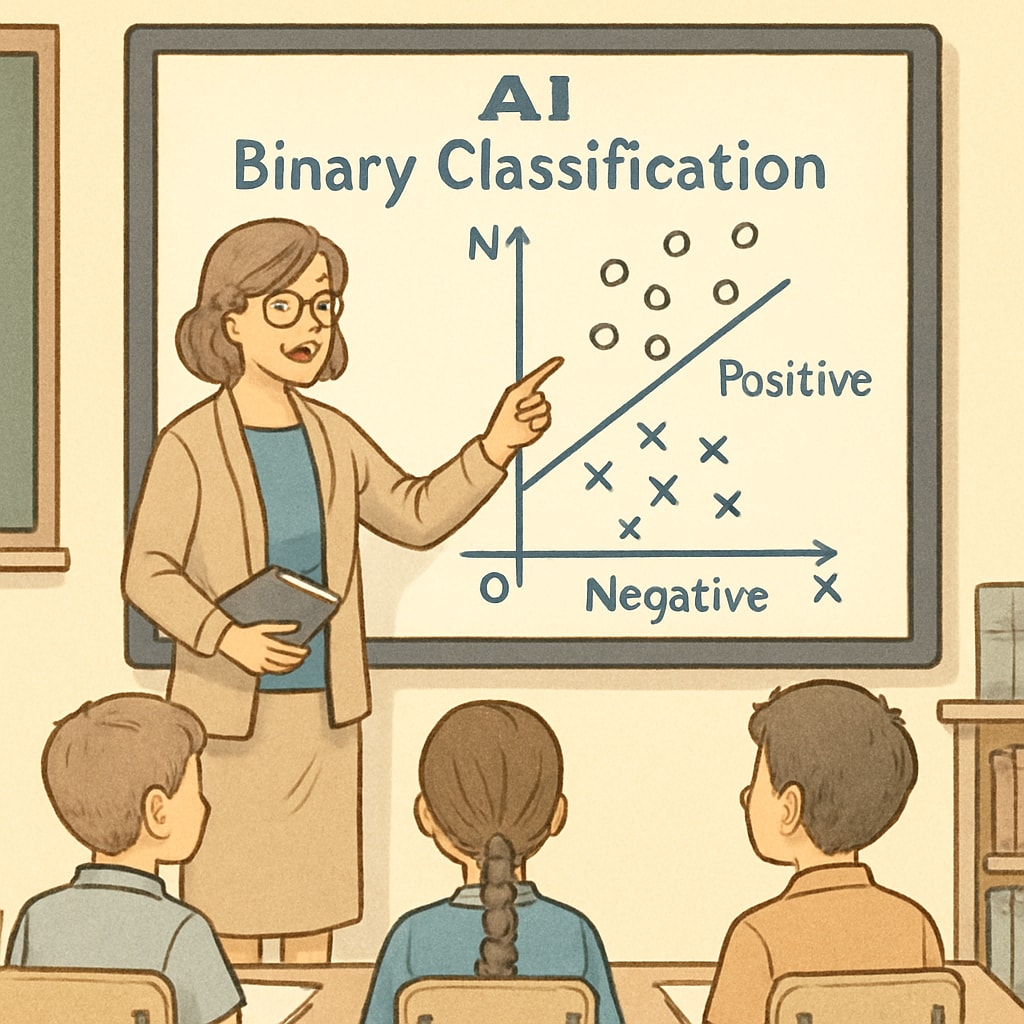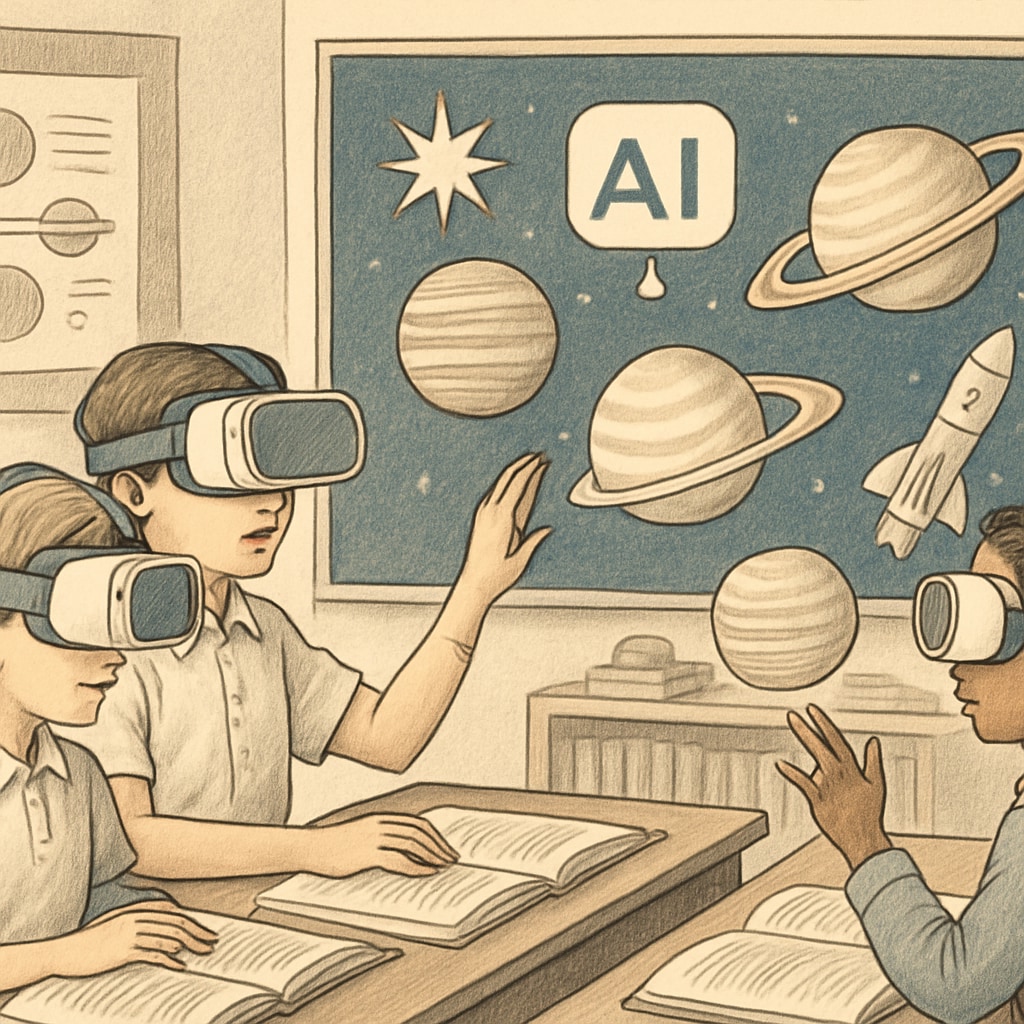Artificial intelligence, school education, and future impact are interconnected concepts that are poised to revolutionize how we teach and learn in the next decade. From personalized learning experiences to automated grading systems, AI’s role in education is no longer just a futuristic idea—it’s becoming a present reality. As we explore the potential of AI in reshaping classrooms, it’s essential to also consider the challenges and opportunities it brings to both educators and students.
How AI is Transforming Teaching Methods
AI is reshaping traditional teaching methods by introducing adaptive learning systems. These systems use algorithms to analyze individual students’ strengths and weaknesses, tailoring lessons to meet their unique needs. For instance, platforms like Khan Academy and Duolingo already use AI to recommend personalized content based on user performance.
Moreover, AI-powered virtual tutors can provide additional support outside of the classroom. These tutors are available 24/7, offering explanations and practice problems tailored to individual learners. This not only enhances the learning experience but also allows educators to focus on more complex teaching responsibilities.

Enhancing the Student Experience with AI
AI is making education more engaging and accessible for students. Virtual reality (VR) and augmented reality (AR) integrated with AI offer immersive learning environments, allowing students to explore topics in ways that were previously unimaginable. For example, a history lesson could transform into a virtual tour of ancient civilizations, bringing the past to life.
Another significant impact of AI is in bridging gaps for students with disabilities. Speech recognition tools, AI-powered translators, and text-to-speech systems enable more inclusive learning environments, ensuring that every student can participate in education fully.

Redefining Assessments with AI
Traditional assessment methods often require significant time and effort from educators. AI is streamlining this process with automated grading systems that can evaluate assignments, essays, and even coding projects in a fraction of the time. These systems not only save time but also provide detailed feedback to help students improve.
Additionally, AI enables real-time progress tracking. Teachers can use dashboards that display students’ performance metrics, identifying areas where intervention is needed. This data-driven approach ensures that no student is left behind and helps educators make informed decisions about curriculum adjustments.
Challenges and Ethical Considerations
While the benefits of AI in education are immense, there are challenges that need to be addressed. Data privacy is a significant concern, as AI systems collect and analyze large amounts of student information. Ensuring this data is secure and used ethically is paramount.
Another challenge is the potential for over-reliance on technology. Teachers must strike a balance between leveraging AI tools and maintaining the human connection that is vital for effective learning. Professional development programs will be crucial in equipping educators with the skills to integrate AI responsibly.
Furthermore, there is a risk of perpetuating biases in AI algorithms. Developers must ensure that these systems are designed to promote fairness and inclusivity, avoiding any form of discrimination in educational outcomes.
The Road Ahead: AI and the Future of Education
As AI continues to evolve, its role in education will only grow more significant. In the next 5-10 years, we can expect further advancements in personalized learning, immersive technologies, and data-driven teaching strategies. However, it’s essential to approach these changes with caution, ensuring that technology serves as a tool to enhance, rather than replace, the human aspects of education.
Educators, policymakers, and technologists must work together to create an education system that leverages AI’s potential while addressing its challenges. By doing so, we can ensure that the classrooms of the future are not just more efficient but also more equitable, inclusive, and inspiring.
For additional information on AI’s role in education, explore this detailed explanation on educational technology or this comprehensive overview from Britannica.


